Olive Egger Chicken Breed: The Ultimate Guide
Back to blog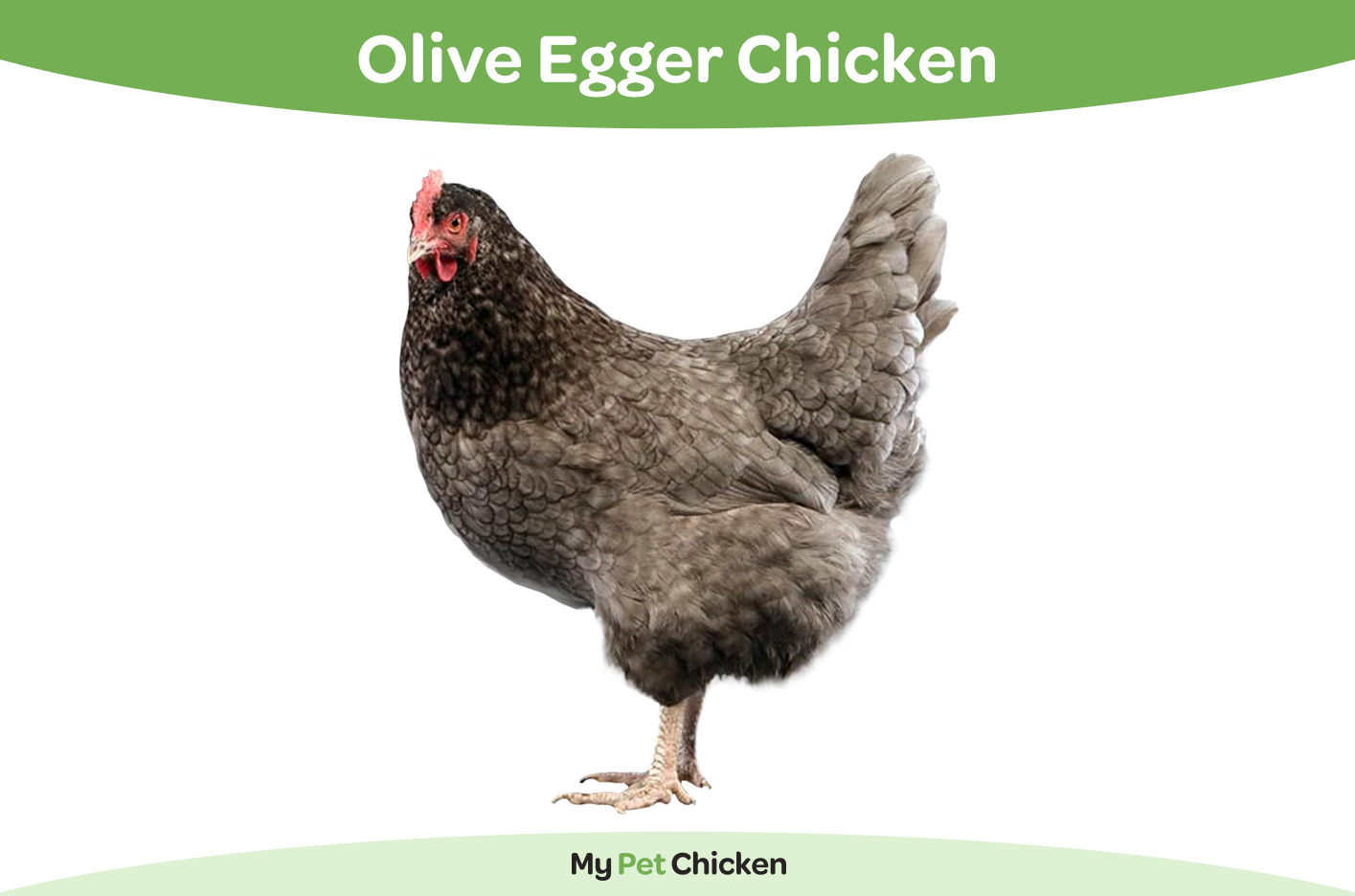
The Olive Egger chicken breed, with their stunning plumage and unique egg colors, have taken the poultry world by storm. These charming birds are the result of a fascinating crossbreeding journey, combining the best traits of various heritage breeds. Join us as we explore the origins, characteristics, and care of Olive Eggers, uncovering the secrets of their olive-green eggs and endearing personalities. Whether you're considering adding Olive Eggers to your flock or simply want to deepen your knowledge about these enchanting chickens, this blog is your go-to resource.

History of the Olive Egger chicken breed
The history of Olive Egger chickens is a tale of innovative crossbreeding and a quest for unique egg colors. The term "Olive Egger" refers to a hybrid chicken breed that is specifically bred to lay eggs in various shades of olive or moss green. While Olive Eggers are not recognized as a standardized breed by the American Poultry Association, they have gained significant popularity among backyard chicken keepers and breeders.
Olive Eggers originated in the early 20th century through crossbreeding of heritage chicken breeds. Breeders aimed to produce greenish-hued eggs by selectively breeding chickens with blue and dark brown egg-laying traits from breeds like Araucana, Ameraucana, and Marans.
Through careful and strategic mating, breeders were able to produce offspring that inherited genes for both blue and dark brown egg-laying. The resulting hens, known as Olive Eggers, would then lay eggs with various shades of olive green. It's important to note that not all Olive Eggers will lay the exact same shade of green, as the color can vary depending on the specific genetics inherited from their parent breeds.
My Pet Chicken offer these Olive Egger chickens for sale.
The personality of an Olive Egger chicken
Olive Egger chickens are known for their delightful and endearing personalities. While individual temperament can vary, they generally exhibit traits that make them a joy to have in a flock.
These chickens are often described as friendly and curious, showing a great deal of interest in their surroundings and the people who care for them. They are known to be quite sociable, often seeking interaction with their human caretakers. Olive Eggers are generally docile and calm, making them suitable for families and backyard flocks.
Unlike some more flighty or nervous breeds, Olive Eggers tend to be relatively calm and easygoing. They are known to be good foragers, enjoying their time exploring the yard or pasture. However, they are also content in confinement and can adapt well to a smaller coop or run.
Olive Eggers are typically not aggressive and get along well with other chickens. They generally integrate smoothly into a mixed flock, forming strong bonds with their flock mates. They are not typically at the top of the pecking order, but they can hold their own and establish their place within the hierarchy.
Overall, Olive Eggers make wonderful additions to a backyard flock due to their friendly and easygoing nature. Their engaging personalities and calm demeanor make them delightful companions, whether you're a seasoned chicken keeper or new to raising poultry.
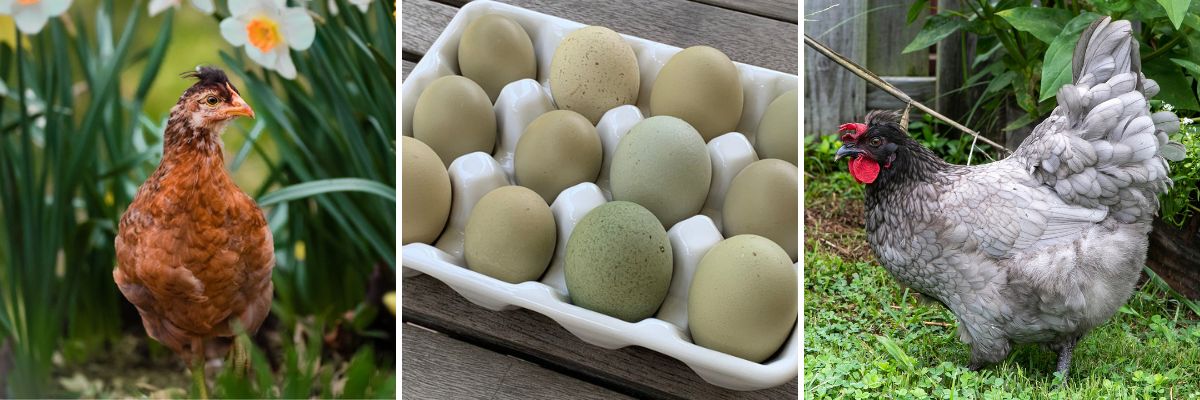
The appearance of Olive Egger chickens
Olive Egger chickens display a diverse and captivating array of appearances due to their mixed heritage. Their appearance can vary significantly depending on the specific parent breeds involved in their crossbreeding. However, there are some general characteristics that are often observed in Olive Eggers.
The plumage of Olive Eggers can be quite striking and varied. They may exhibit a wide range of colors, patterns, and feather textures. Some Olive Eggers may have smooth, while others may have frizzle plumage.
Olive Eggers often display a mixture of earthy tones such as browns, grays, and blacks in their feathers, creating a beautiful appearance. They may also exhibit speckling, mottling, or other unique patterns, adding to their visual appeal.
The appearance of an Olive Egger can vary based on crossbreeding and individual genetics. This is part of the charm of Olive Eggers, as each bird can showcase its own unique and stunning combination of colors and patterns.
The weight of Olive Egger chickens varies based on parent breeds and genetics. However, as a general guideline, Olive Eggers typically fall within the medium-sized category in terms of weight.
On average, a mature Olive Egger hen can weigh between 5 to 7 pounds. Roosters tend to be slightly heavier, ranging from 6 to 8 pounds. These weights are approximate and can vary depending on factors such as diet, overall health, and individual genetics.
Egg color and production of Olive Egger chickens
Olive Egger chicken eggs are one of the standout features of this unique breed. They are sought after for their distinctive and captivating colors, ranging from olive green to mossy or khaki green hues. These eggs can add a delightful touch to your egg basket or kitchen.
It's important to note that not all Olive Eggers will lay the exact same shade of green eggs. The specific color and intensity can vary among individual hens due to the influence of the parent breeds and individual genetic variation. Egg colors of Olive Eggers range from dark olive green to lighter shades or khaki.
In terms of size, Olive Egger eggs are generally medium to large in size, similar to eggs from the parent breeds involved in their crossbreeding. They typically have a similar shape and appearance to regular chicken eggs.
In terms of egg production, Olive Eggers are good layers and can produce around 150-200 eggs per year. This can vary depending on factors such as their diet and environment. They typically start laying eggs at around 5-6 months of age and continue to lay consistently.
Care and health for Olive Egger chickens
Olive Egger chickens are hardy and adaptable to a wide range of climates including both hot and cold weather. With proper care and attention, they can live healthy and productive lives, laying colorful and abundant eggs for years to come. The average life span of this chicken breed is 5-8 years.
Do you have any Olive Egger chickens in your flock? Share with us in the comments below.
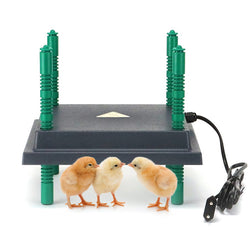
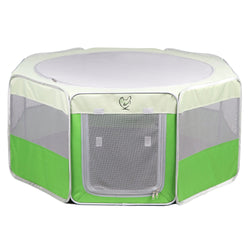

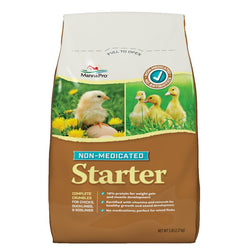

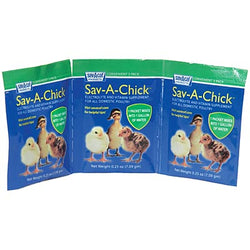
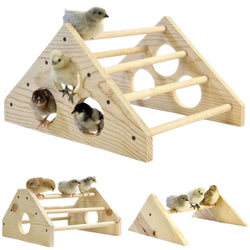
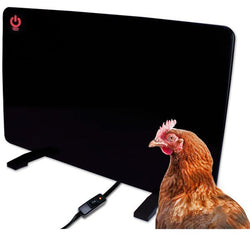
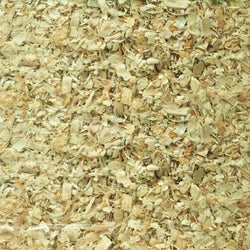
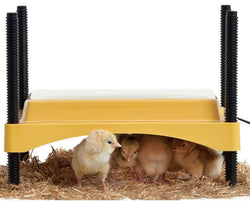
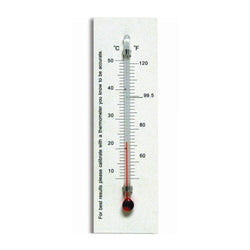
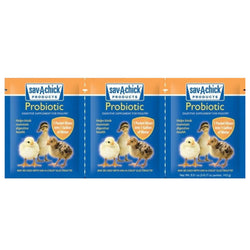
7 comments
We have one chicken (out of 6) that looks very much like the Green Egger pictured in this posting. But its comb and other elaborate “headgear” make it look like a rooster. Yet
there is no crowing from any of our chickens. And we get an extra large olive colored egg every other day or so, making it highly likely that our Green Egger is a hen.
Have others noticed a hen with rooster-like visage in this breed?
We are new to chickens and have 2 olive Eggers in our flock of 6. They hide their eggs and we haven’t seen any for nearly 2 weeks!